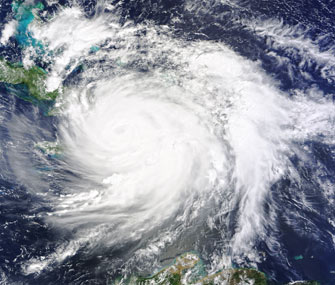7 Things Pet Owners Should Do After a Natural Disaster Strikes
by Laura Cross
Published on October 06, 2016
Skip To

But what should pet owners do to help keep their dogs and cats safe when the storm ends? Suppose your dog or cat goes missing or the power goes out? Many worrisome things can happen during and after a natural disaster, so it’s best to be prepared.
Whether there’s a hurricane, tornado or other natural disaster, here’s what pet owners should keep in mind in the aftermath. More on Vetstreet:












